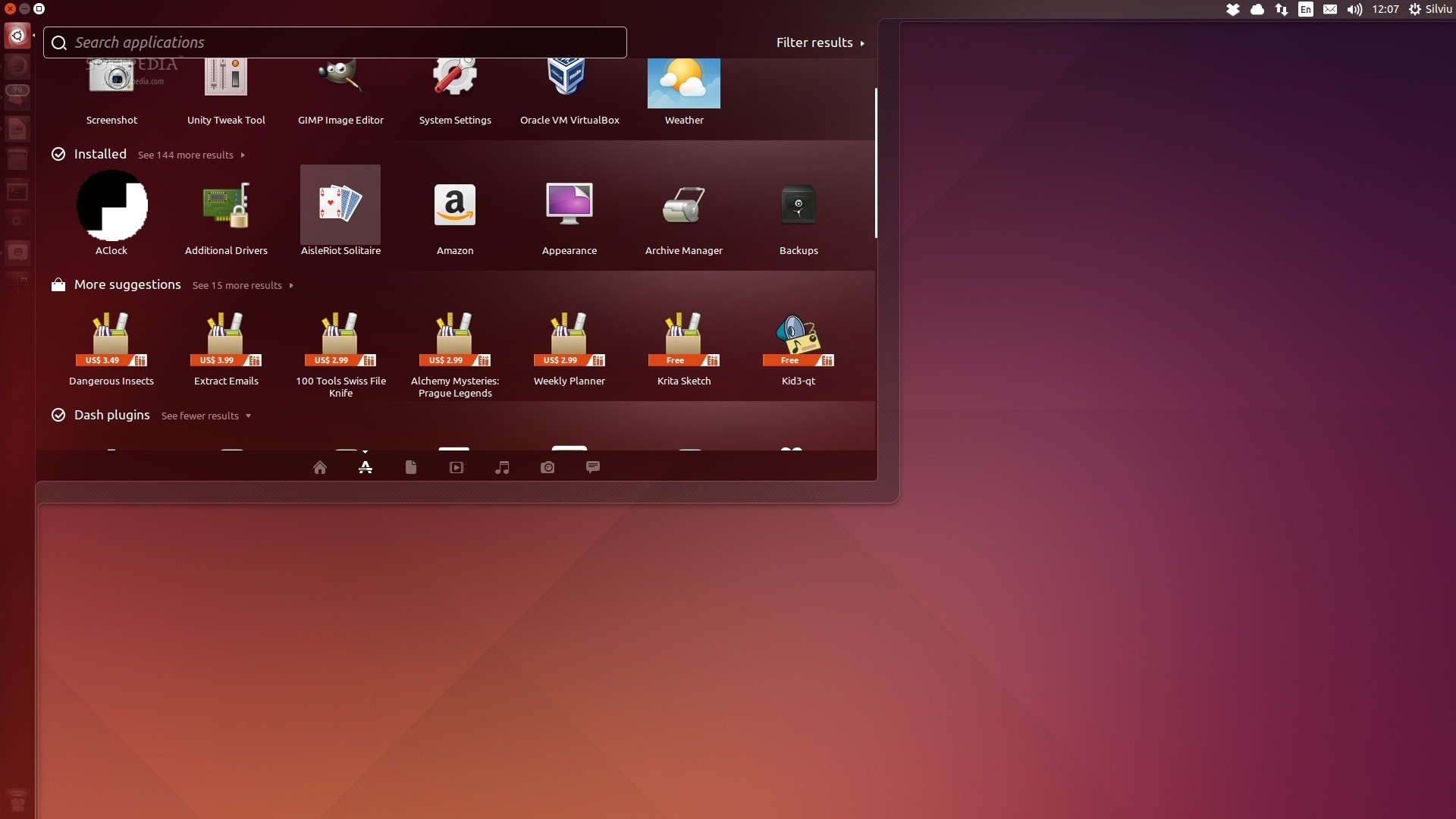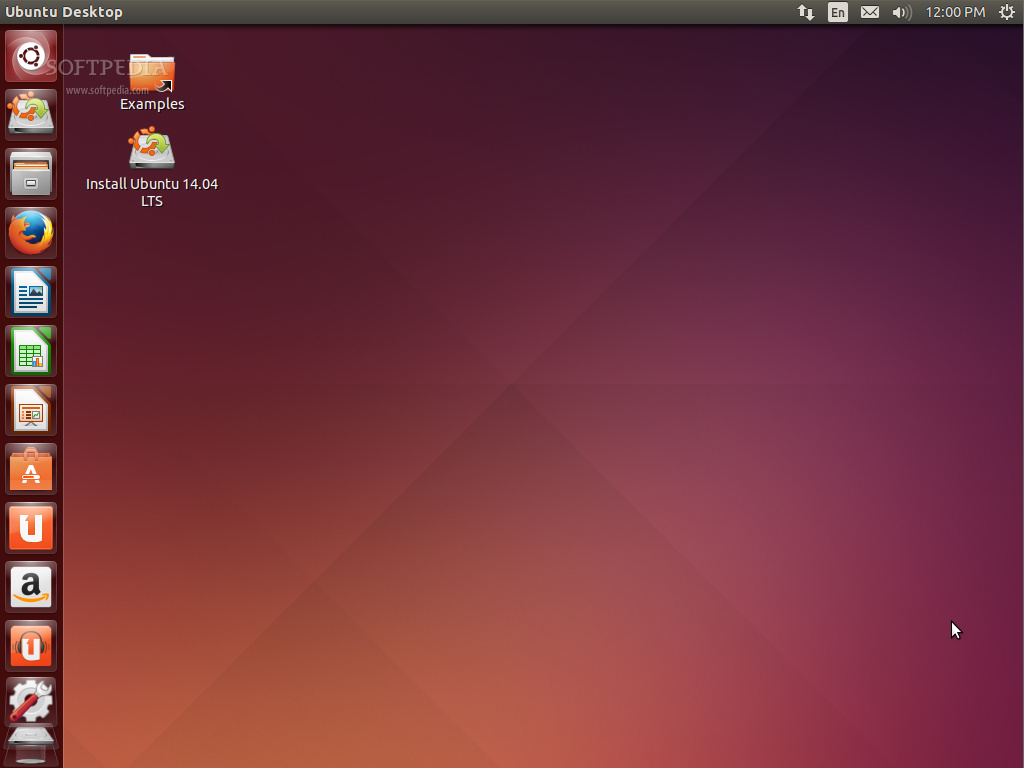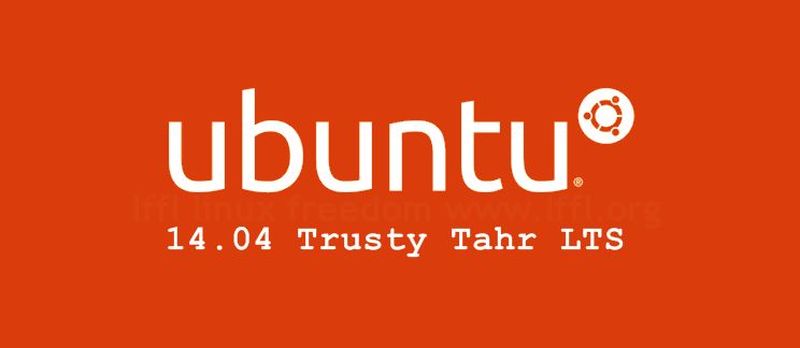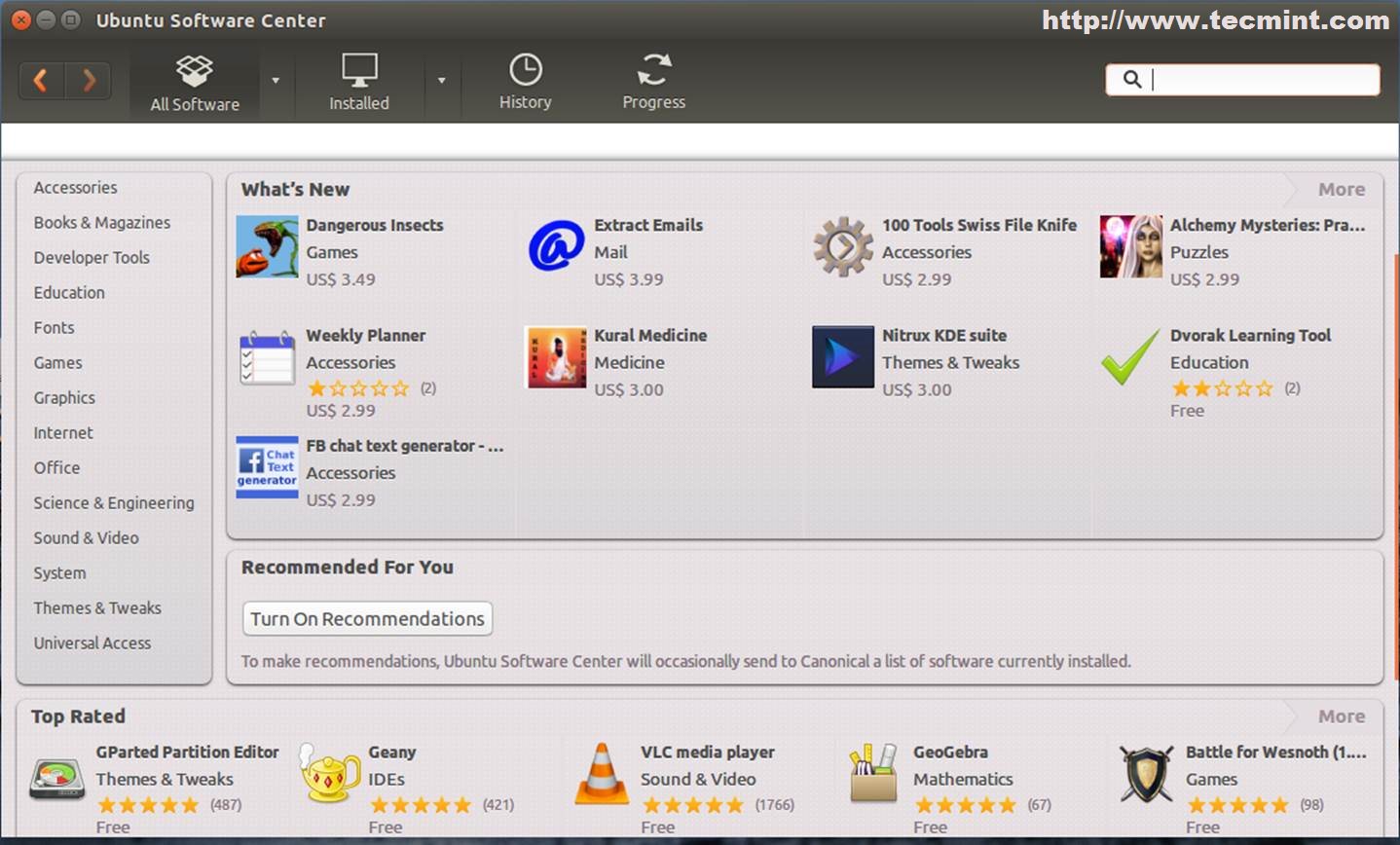
- UBUNTU 14.04.2 LTS FREE DOWNLOAD INSTALL
- UBUNTU 14.04.2 LTS FREE DOWNLOAD UPDATE
- UBUNTU 14.04.2 LTS FREE DOWNLOAD MANUAL
# Default behavior for the release upgrader. Open /etc/update-manager/release-upgrades and verify that the Prompt value is set to lts:
UBUNTU 14.04.2 LTS FREE DOWNLOAD INSTALL
Install the update-manager-core package: apt-get install update-manager-core Remember to perform these steps in a Lish or Glish session:



Upgrading from Ubuntu 14.04 LTS to Ubuntu 16.04 LTS You are now ready to install Ubuntu 16.04 LTS on your Linode. To stop a service, enter the following command, replacing apache2 with the name of the service you want to stop: service apache2 stop This includes web server daemons (Apache and nginx), database servers (PostgreSQL and MySQL), and any other non-critical services. We recommend that you stop as many services as possible before upgrading to Ubuntu 16.04 LTS. SeeĪpplying Kernel Updates for more information. Verify that your Linode is using the latest supported kernel.
UBUNTU 14.04.2 LTS FREE DOWNLOAD MANUAL
If you use another backup service or application, we recommend that you make a manual backup now. Take a manual snapshot before upgrading to Ubuntu 16.04 LTS. If you subscribe to the Linode Backup Service, we recommend that you That way, you can restore from backup if anything goes wrong during the upgrade process. It’s a good idea to back up your Linode before performing a major upgrade.
UBUNTU 14.04.2 LTS FREE DOWNLOAD UPDATE
Update package lists and install all updates: apt-get update & apt-get upgrade Start a LISH session to ensure that the installation is not interrupted In order to prepare you Linode for upgrade, the following steps will:Įnsure that the kernel version you’re using is the latest For more information on privileges see our Be sure to run the steps below as root or with the sudo prefix. Ubuntu is Open Source software, costs nothing to download, and users are free to customise or alter their software in order to meet their needs.The steps required in this guide require root privileges. Since its launch in October 2004 Ubuntu has become one of the most highly regarded Linux distributions with millions of users in homes, schools, businesses and governments around the world.

The announcement, with details about how and where to purchase extended support, can be found at: All announcements of official security pdates for Ubuntu releases are sent to the ubuntu-security-announce mailing list, information about which may be found at:įor users who can’t upgrade immediately, Canonical has just announced an extended support package for Ubuntu Advantage customers, which will keep delivering security updates while you evaluate your upgrades to newer releases. Ubuntu 14.04 and 16.04 continue to be actively supported with security updates and select high-impact bug fixes. Instructions and caveats for the upgrades may be found at and. Users are encouraged to evaluate and upgrade to our latest 16.04 LTS release via 14.04. The supported upgrade path from Ubuntu 12.04 is via Ubuntu 14.04. At that time, Ubuntu Security Notices will no longer include information or updated packages for Ubuntu 12.04. The support period is now nearing its end and Ubuntu 12.04 will reach end of life on Friday, April 28th. As with the earlier LTS releases, Ubuntu committed to ongoing security and critical fixes for a period of 5 years. Ubuntu announced its 12.04 (Precise Pangolin) release almost 5 years ago, on April 26, 2012.


 0 kommentar(er)
0 kommentar(er)
